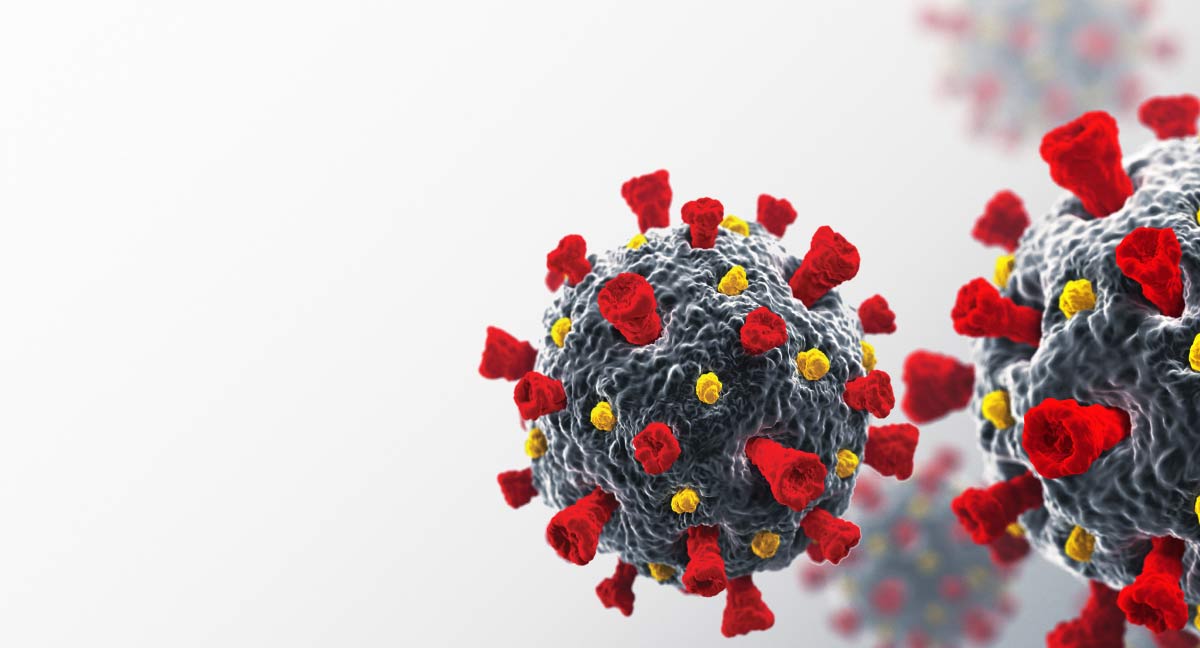APS Global Collaboration on COVID-19
The APS Global Collaboration on COVID-19 convenes psychological scientists and other behavioral science experts to assess how our field has contributed to combating the COVID-19 pandemic and identify gaps in our understanding that should be addressed through new research. Focused on different areas of psychological science and how they pertain to COVID-19, six working groups present research and make recommendations to the science community, policymakers, and/or the public.
Each group tackles several overarching questions, including:
- How has psychological science been used to inform solutions to the COVID-19 pandemic?
- How could psychological science research have been better integrated into the COVID-19 response, and how could it be better used to address future public health challenges?
- What scientific knowledge gaps must be addressed through new research?
-
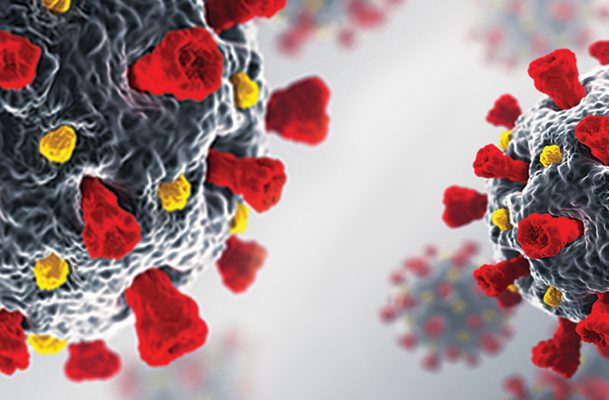
APS COVID-19 Resources
A collection of psychological science research and insights from the APS community.
-
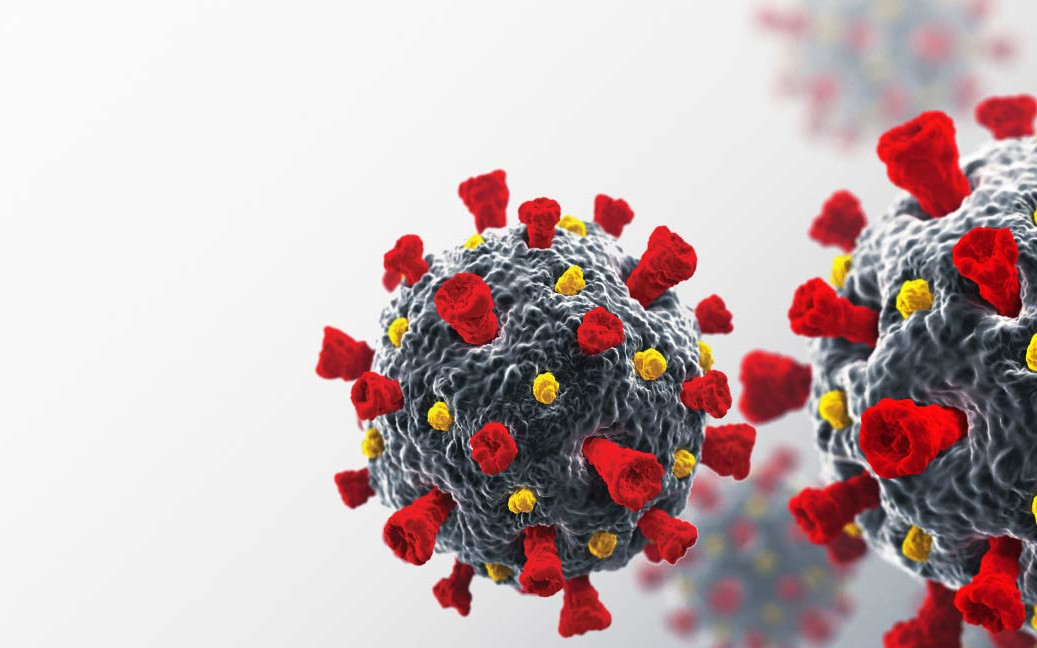
How Memory Makes it Harder to Fight COVID-19
This panel takes a closer look at how our memories make it harder for traditional contact tracers to find infected people quickly and obtain accurate information from them.
-
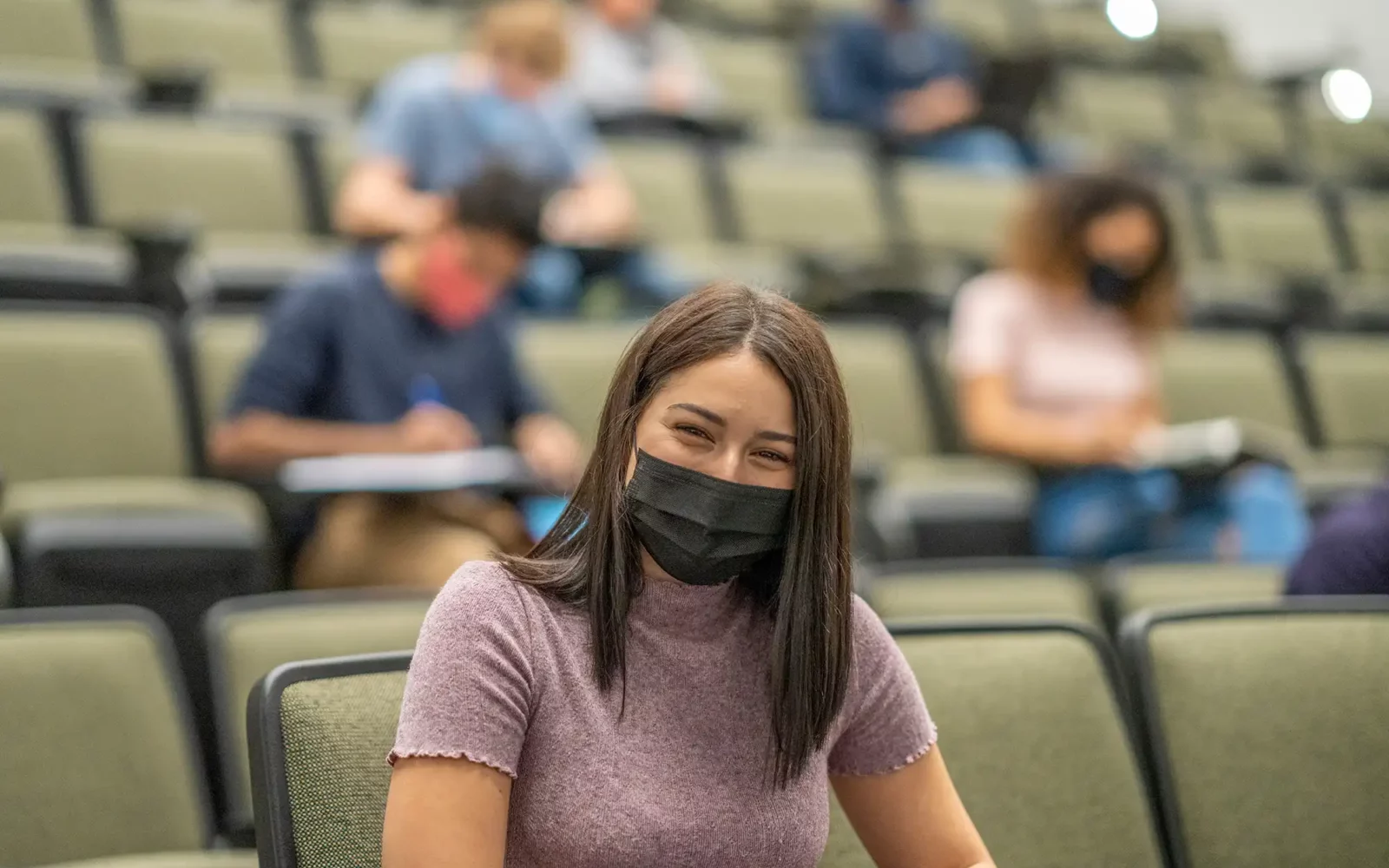
Applying Psychological Science to Educational Policy and Practice: COVID-19 and the College Admissions Process
In a July 21 webinar produced by the APS Global Collaboration on COVID-19, four speakers from multiple areas of research and practice discussed how the pandemic has magnified interest in research on test-optional policies for college admissions.
-
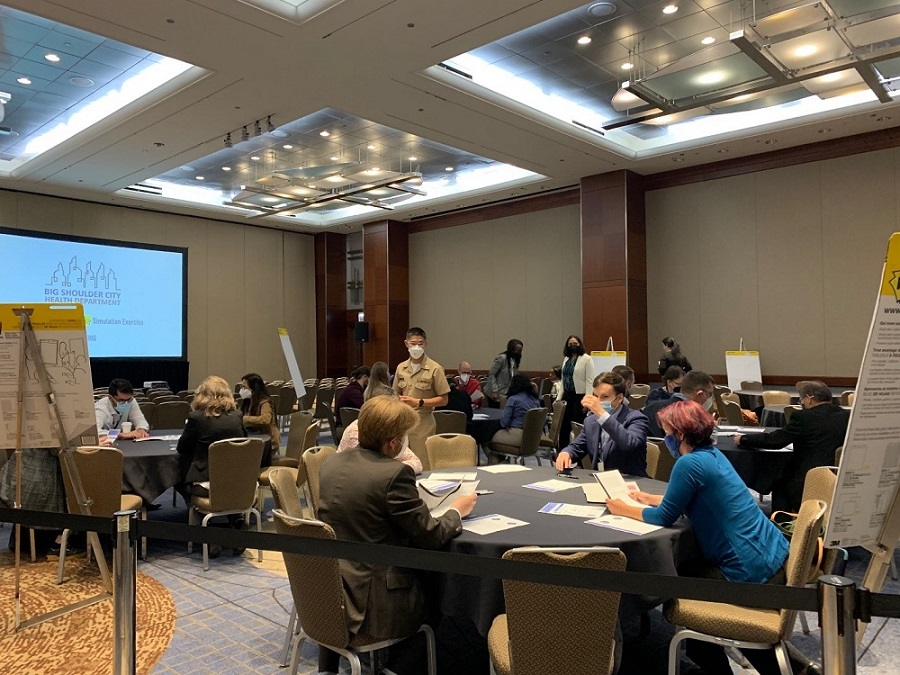
Funding and Policy: Science and Policy Intersect in Public Health Program at APS 2022
Headlining science policy programs at APS 2022 was a special panel organized by U.S. government scientists and behavioral research experts on public health and vaccine policy.
-

Mental Health in a Global Pandemic: Lessons Learned From Psychological Science
Nearly 2 years into the COVID-19 pandemic, an emerging body of literature is revealing the pandemic’s mental health impact on children, adolescents, and adults, including those who had previously been diagnosed with a mental illness.
-
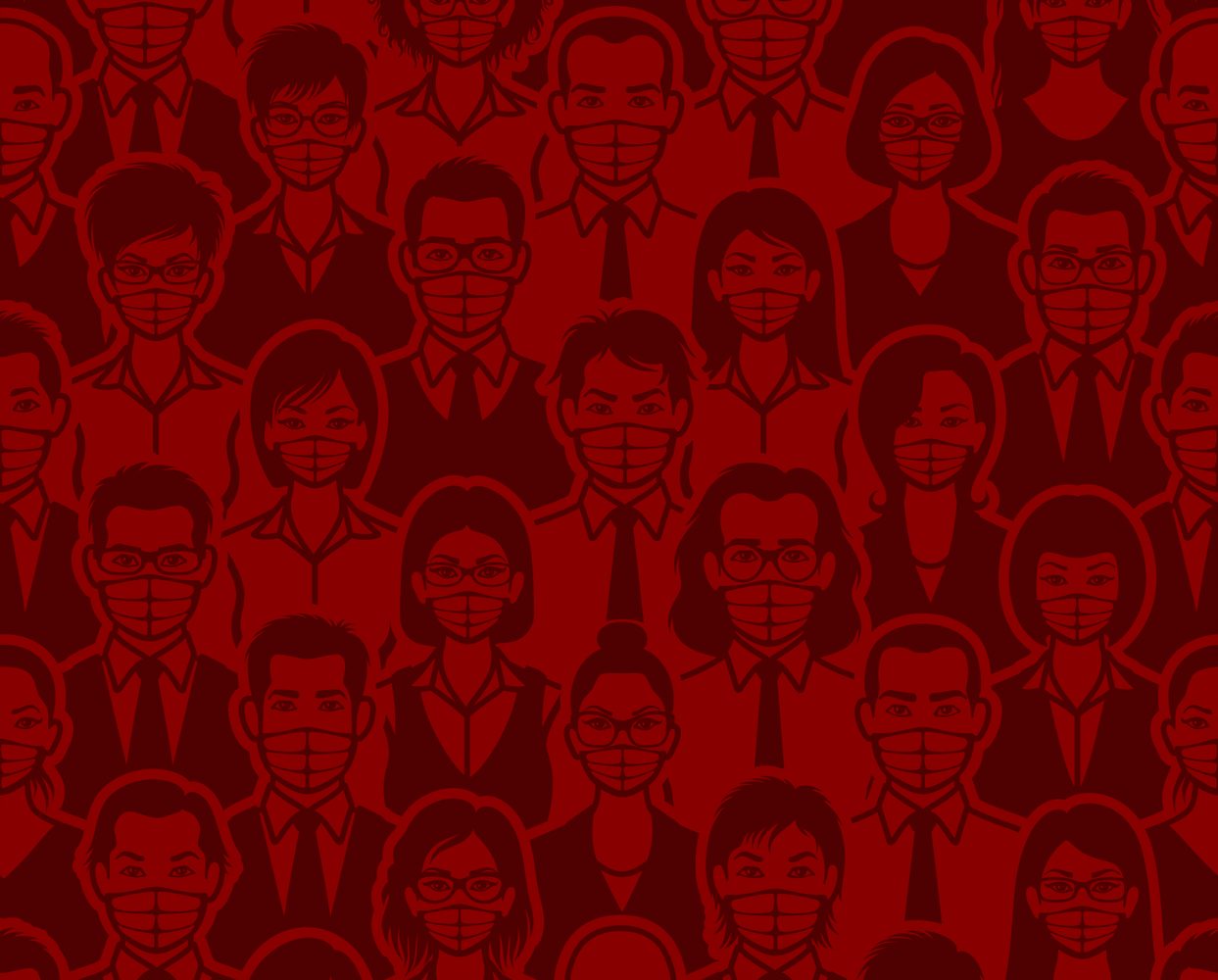
APS Urges Psychological Science Expertise in New U.S. Pandemic Task Force
APS has responded to urge that psychological science expertise be included in the group’s personnel and activities.
-

APS COVID-19 Collaboration Offers Recommendations to White House on Community Mental Health
Experts from the APS Global Collaboration on COVID-19 have responded to a call for input on digital health from the White House.
-

Psychology Meets Biology in COVID-19: Past, Present, and the Road to Recovery
Psychological scientists have long known that psychological and social factors can affect our responses to viral infections and vaccinations, but that critical connection seems to have eluded many of the public health officials and others charged with leading the global response to the COVID-19 pandemic in its early days.
Working Group on Mental Health and COVID-19
Focusing on the intersection of human development, COVID-19, and mental health. The group examines how COVID-19 has affected mental health of children, adolescents, and younger and older adults, including those who were diagnosed with a mental illness before the pandemic started, among other topics.
- Leader: Allison Harvey – University of California, Berkeley, USA
- Martin Antony – Ryerson University, Canada
- Christopher Beam – University of Southern California, USA
- Iris Engelhard – Utrecht University, Netherlands
- June Gruber – University of Colorado Boulder, USA
- Derek Novacek – University of California, Los Angeles, USA
- Guangyu Zhou – Peking University, China
Working Group on Fundamental Memory Science and COVID-19
Examining the interplay between fundamental memory science and public health, especially as they pertain to COVID-19—for instance, how can our knowledge of how human memory functions help the practice of contact tracing?
- Leader: Maryanne Garry – University of Waikato, New Zealand
- Lorraine Hope – University of Portsmouth, UK
- Anne Scharling Rasmussen – Aarhus University, Denmark
- Linda Levine – University of California Irvine, USA
- Suparna Rajaram – Stony Brook University, USA
- Jennifer Talarico – Lafayette College, USA
Working Group on Work and COVID-19
Investigating the effects of new work realities pertaining to COVID-19, such as how different types of work and workers may be differentially affected by COVID-19, what we have learned about productivity, and how uncertainty and anxiety has influenced workers and employers.
- Leader: Adrienne Carter-Sowell – University of Oklahoma, USA
- Toni Schmader – University of British Columbia, Canada
- Katharina Block – University of Amsterdam, Netherlands
- Gabe H. Miller – Mississippi State University, USA
- Ashley Whillans – Harvard Business School, USA
Working Group on the Biology and Psychology of COVID-19
Exploring the biology and psychology of infection and how these systems interact, including the short and long-term psychological effects of infection and what we’ve learned about brain biology from treating COVID-19 patients.
- Leader: Kavita Vedhara – University of Nottingham, UK
- Anna Marsland – University of Pittsburgh, USA
- Sarah Pressman – University of California, Irvine, USA
Working Group on Misinformation and Disinformation
Assessing misinformation and disinformation as they relate to COVID-19, for instance, why people believe misinformation; the behavioral processes behind belief; and what factors influence susceptibility to misinformation.
- Leader: Norbert Schwarz – University of Southern California, USA
- Dolores Albarracín – University of Illinois at Urbana-Champaign, USA
- Jay Van Bavel – New York University, USA
- Karen Douglas – University of Kent, UK
Working Group on Education and COVID-19
Focusing on how psychological science can inform the intersection of education and COVID-19, including how COVID has affected education and learning as well as the interplay between COVID and college admissions processes.
- Leader: Jonathan Wai – University of Arkansas, USA
- Kathryn Asbury – The University of York, UK
- Drew H. Bailey – University of California, Irvine, USA
- Joni M. Lakin – University of Alabama, USA
- Fred Oswald – Rice University, USA
- Heiner Rindermann – Chemnitz University of Technology, Germany
- Frank C. Worrell – University of California, Berkeley, USA
Questions about the APS Global Collaboration on COVID-19? Please email [email protected].
-
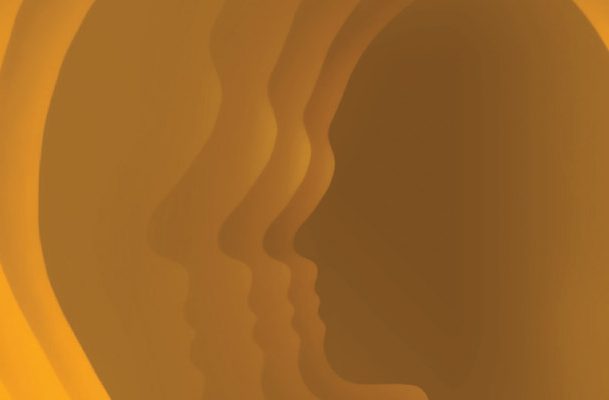
New Content From Perspectives on Psychological Science
A sample of research on referential communication in language and gesture, personality science in the digital age, understanding collective intelligence, and much more.
-
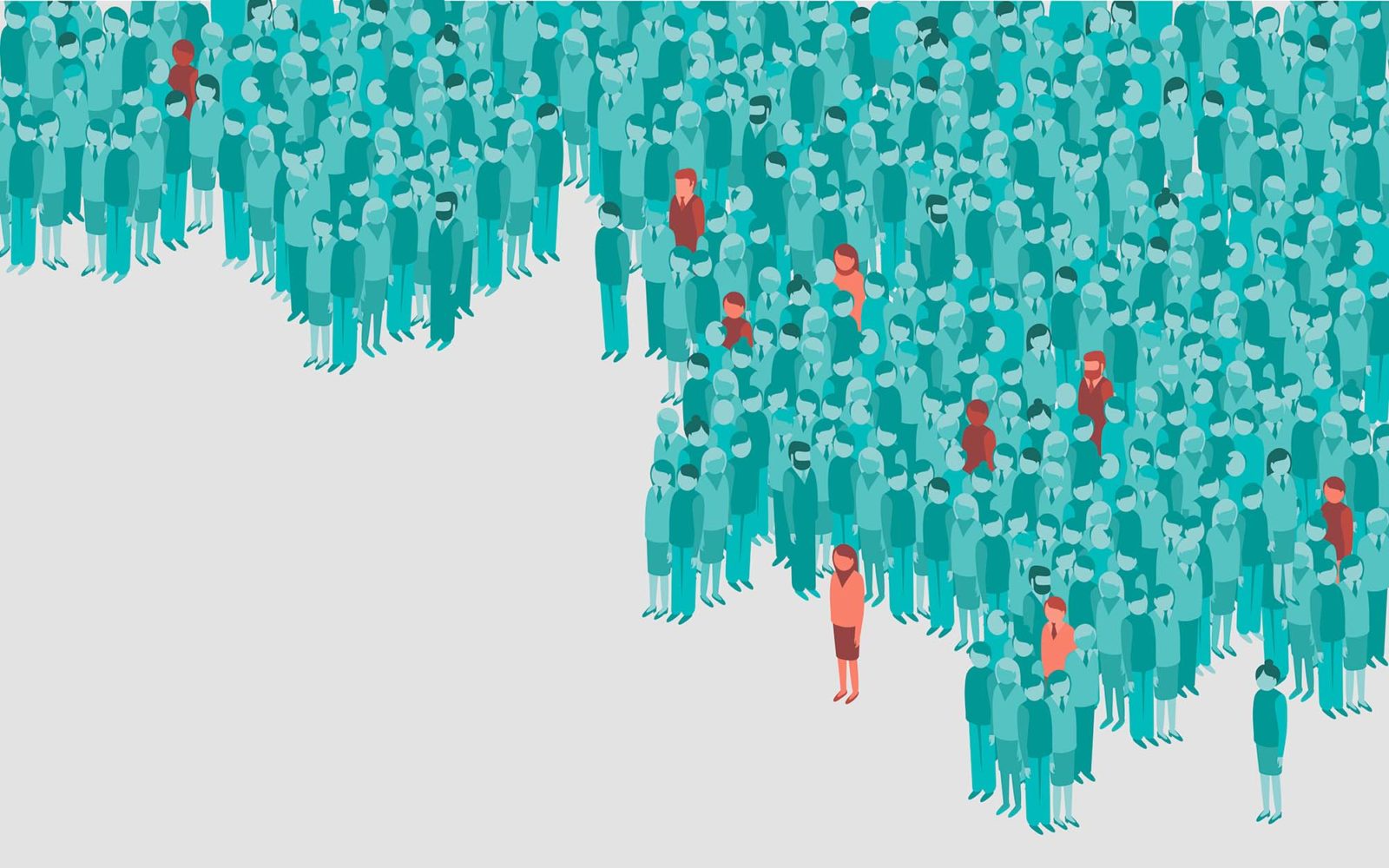
People Are Inclined to Hide a Contagious Illness While Around Others, Research Shows
A startling number of people conceal an infectious illness to avoid missing work, travel, or social events. Novel approaches beyond relying on individual good will may be needed to mitigate these harmful concealment behaviors.
-

New Content From Perspectives on Psychological Science
A sample of research on digital contact tracing in pandemics, the interpersonal distance theory of autism, the impact of school closures on children’s mental health and learning, and much more.
-
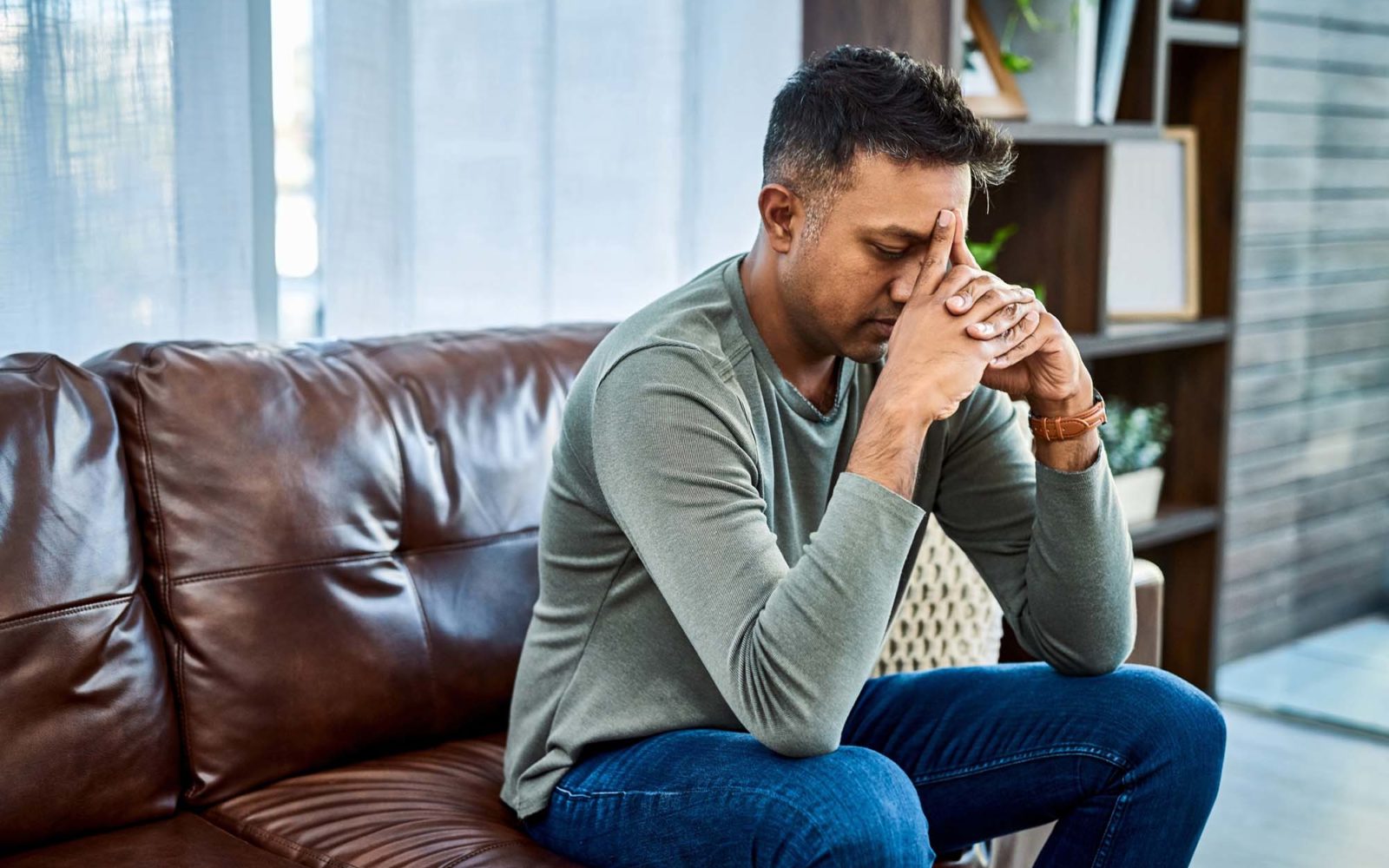
How Owning a Gun Raises Anxiety
In the first webinar of APS’s Science for Society series on September 20, 2023, scientists and advocates shared their expertise and perspectives on the relationship between gun violence and anxiety.
-

New Content From Perspectives on Psychological Science
A sample of research on assessing autism in hard-of-hearing youths, the relationship between parenting and self-control, managing fear during pandemics, how expectations modulate pain, and much more.

